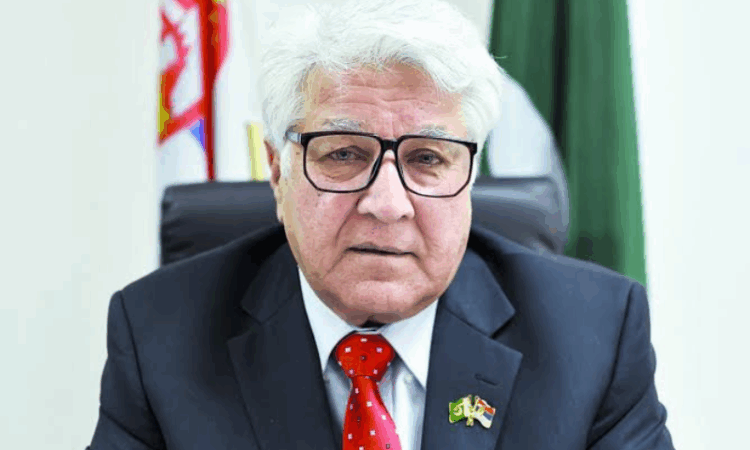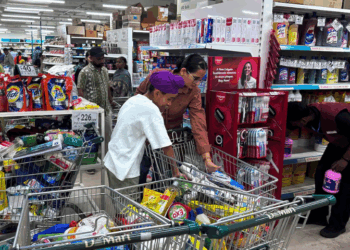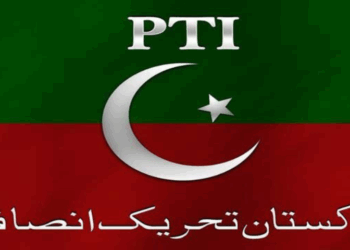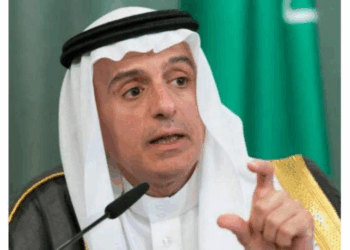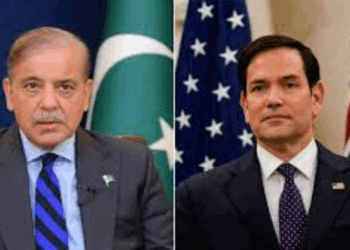Rabat, May 9, 2025: In a wide-ranging and candid interview with Moroccan daily Assahifa, Pakistan’s newly appointed ambassador to Morocco, Adil Gilani, issued a stern warning to India over rising military tensions, vowing an “effective and strong” response should hostilities persist. He also signaled a potential shift in Islamabad’s position on the Western Sahara dispute, acknowledging Morocco’s “development and prosperity” in the southern provinces.
The remarks mark Ambassador Gilani’s first major public statement since assuming his post in Rabat. Known for his anti-corruption work as the founding head of Transparency International Pakistan and his past diplomatic tenure in Serbia, Gilani now finds himself at the center of geopolitics involving South Asia and North Africa.
Addressing recent cross-border hostilities, Gilani accused Indian Prime Minister Narendra Modi of pursuing a strategy of “preemptive aggression” and manipulating regional tensions for domestic political gain. He described Modi as a “cunning enemy” who avoids genuine dialogue and warned that continued escalation could lead to “a nuclear catastrophe.”
Gilani condemned India’s abrupt withdrawal from proposed bilateral talks—initially suggested with a deadline of May 8—and its subsequent missile strikes on April 23 as “highly provocative.” He framed the attacks as part of a broader pattern of crisis exploitation by the Indian leadership, particularly during election cycles.
On the water dispute, Gilani was unequivocal: any Indian attempt to weaponize the Indus Waters Treaty would be met with firm diplomatic and strategic countermeasures. “We are not the ones seeking war, but if it is imposed on us, we are fully prepared to respond appropriately and proportionally,” he stated. He reaffirmed Pakistan’s stance as a “responsible nuclear state,” committed to using its deterrent capabilities solely for national defense.
Gilani also revealed that Pakistan continues to engage international forums, including the UN Security Council, to convey its concerns over Indian military actions. He noted that the UN has privately urged restraint on New Delhi’s part, though he called for more robust international engagement to prevent escalation.
In a notable diplomatic development, Gilani hinted at a re-evaluation of Pakistan’s long-held stance on the Western Sahara issue. “The Moroccan Sahara has witnessed significant development and prosperity,” he acknowledged. “Our position is currently under review, and we will support any resolution that aligns with the UN framework and is acceptable to all parties involved.”
This potential policy recalibration could bring Pakistan closer to Morocco, where bilateral relations have warmed in recent years. Gilani spoke of deepening cooperation in defense, economy, and technology, and highlighted shared interests in countering extremism and separatism. “Morocco is a key regional actor and a brotherly nation with which we share historical, cultural, and strategic ties,” he said.
The ambassador emphasized Pakistan’s intention to explore strategic economic partnerships across Africa and strengthen South-South cooperation, positioning Morocco as a gateway for Islamabad’s broader continental engagement.

